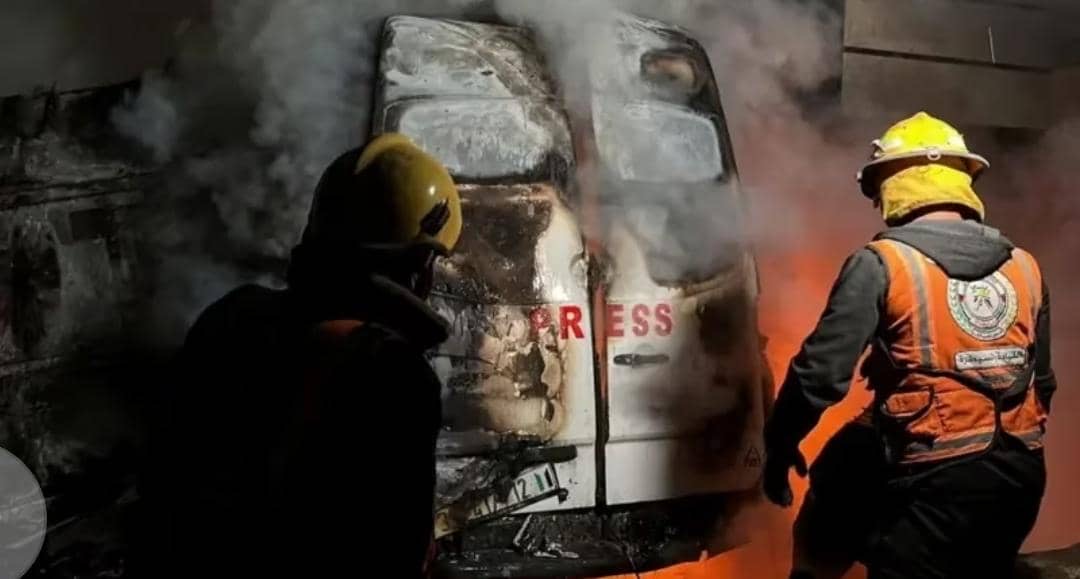BAFANA Bafana coach, Carlos Parreira, says South African soccer is in a process of rebuilding and faced with big challenges.
Speaking at the team’s hotel yesterday on the eve of the friendly match against an Italian selection tonight, he described the game as an important journey. “Playing Italy is a big opportunity for us as we rebuild our team for the 2010 World Cup,” he said.”Italy are the world champions and I think it will be a tough game.The fact that our opponents have replaced four or five players does not make the game any easier for us.Besides there are wide differences between Italian and South African soccer,” he said.Reflecting on the challenges, he said: “What I found when I arrived in South Africa, was that there were poor development structures at club level and that the country also did not have under-17 and under-20 national leagues.This is why the country has been struggling to compete in the various youth world cups.”The lack of development structures has, in my opinion, seen South African football going down in the last 10 years, instead of going forward.A direct result is that it is difficult to create a supply of international class players for the national team.”People like to ask about Brazilian football, but the truth of the matter is Brazilian football is not the star players in the national team, but the development structures that created these players as youngsters at club level.”If you look at Brazil and most European countries, players enter top football at a young age, but in South Africa our players mature late at 25 to 27-years-old which make things very difficult for us.”But that is what I found and it will remain a problem unless we wake up as a country.”Currently, we have to dig deep to find suitable national players.It is difficult in South Africa.”Parreira, however, says there is still an opportunity to achieve the goal of having a strong Bafana Bafana in 2010.He names the two African Cup of Nations Tournaments (Ghana 2008 & Angola 2010) and the Fifa Confederations Cup (South Africa 2009) as key to the build up.According to the coach there is progress.”I think things are changing and players understand the bigger picture of 2010.We have experienced players like the captain, Aaron Mokoena and we are trying to blend experience with inexperience to find the proper balance of players for the World Cup,” says Parreira.Captain Mokoena says he feels sorry for the coach as it’s a tough job putting together a team for the future.”It’s an honour to captain the national team, but there’s a lot on my shoulders as one of the experienced players who must lead the integration of new players,” says Mokoena.Nampa-Sapa”Playing Italy is a big opportunity for us as we rebuild our team for the 2010 World Cup,” he said.”Italy are the world champions and I think it will be a tough game.The fact that our opponents have replaced four or five players does not make the game any easier for us.Besides there are wide differences between Italian and South African soccer,” he said.Reflecting on the challenges, he said: “What I found when I arrived in South Africa, was that there were poor development structures at club level and that the country also did not have under-17 and under-20 national leagues.This is why the country has been struggling to compete in the various youth world cups.”The lack of development structures has, in my opinion, seen South African football going down in the last 10 years, instead of going forward.A direct result is that it is difficult to create a supply of international class players for the national team.”People like to ask about Brazilian football, but the truth of the matter is Brazilian football is not the star players in the national team, but the development structures that created these players as youngsters at club level.”If you look at Brazil and most European countries, players enter top football at a young age, but in South Africa our players mature late at 25 to 27-years-old which make things very difficult for us.”But that is what I found and it will remain a problem unless we wake up as a country.”Currently, we have to dig deep to find suitable national players.It is difficult in South Africa.”Parreira, however, says there is still an opportunity to achieve the goal of having a strong Bafana Bafana in 2010.He names the two African Cup of Nations Tournaments (Ghana 2008 & Angola 2010) and the Fifa Confederations Cup (South Africa 2009) as key to the build up.According to the coach there is progress.”I think things are changing and players understand the bigger picture of 2010.We have experienced players like the captain, Aaron Mokoena and we are trying to blend experience with inexperience to find the proper balance of players for the World Cup,” says Parreira.Captain Mokoena says he feels sorry for the coach as it’s a tough job putting together a team for the future.”It’s an honour to captain the national team, but there’s a lot on my shoulders as one of the experienced players who must lead the integration of new players,” says Mokoena.Nampa-Sapa
Stay informed with The Namibian – your source for credible journalism. Get in-depth reporting and opinions for
only N$85 a month. Invest in journalism, invest in democracy –
Subscribe Now!






